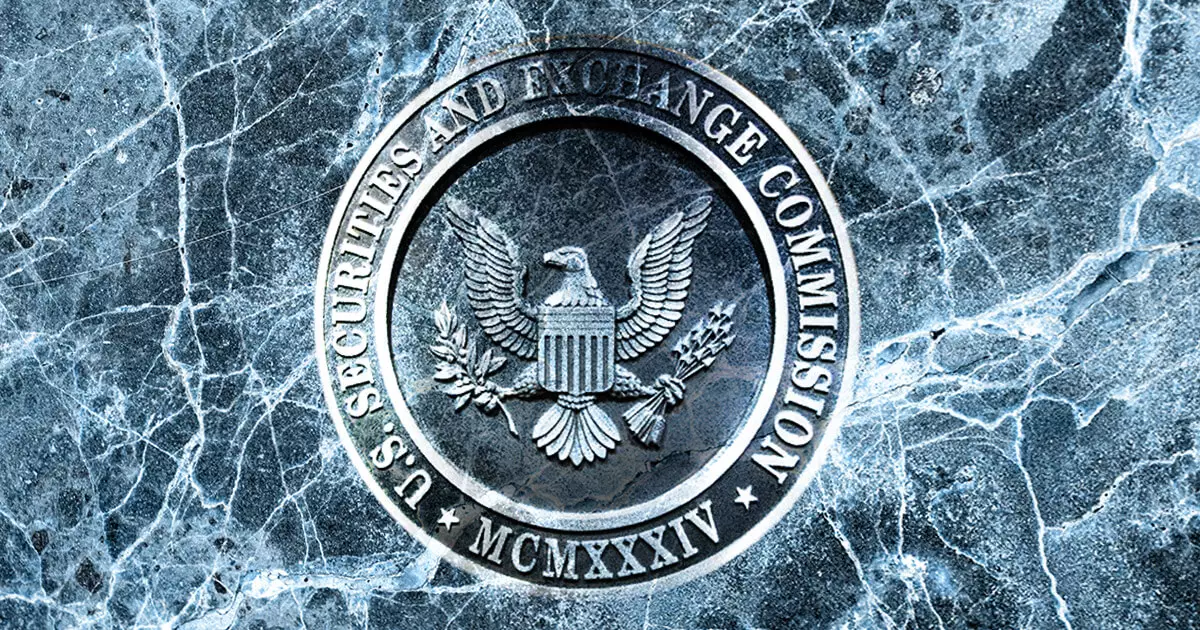Digital asset securities have been gaining traction in the financial industry, presenting unique challenges for regulators like the US Securities and Exchange Commission (SEC). In a recent address at the Korea Blockchain Week 2024 event, SEC Commissioner Mark T. Uyeda called for the development of specialized S-1 registration forms tailored specifically for digital asset securities. This move highlights the growing need to update regulatory tools to address the distinct features of digital assets.
The S-1 form has long been a crucial document required by the SEC for US issuers looking to offer new securities to the public. It typically includes vital financial disclosures aimed at providing transparency to potential investors. However, Commissioner Uyeda noted that the current S-1 forms may not effectively capture the unique characteristics and complexities of digital asset securities. This raises concerns about the adequacy of current regulatory frameworks in addressing the evolving landscape of digital assets.
One of the primary challenges highlighted by Uyeda is the lack of tailored registration options for sponsors of digital asset securities. The absence of specialized forms could result in unnecessary burdens on issuers, requiring them to provide disclosures that might not be relevant or practical. This could hinder innovation in the digital asset space and impede the growth of the industry. Therefore, a more adaptive regulatory framework that recognizes the specific nature of digital assets is crucial to foster continued growth and development.
Industry Perspectives
Several prominent crypto firms, including Ripple and Coinbase, have raised concerns about the regulatory uncertainty surrounding digital asset securities. They argue that the lack of clarity from the SEC on what constitutes a security in the digital asset context has led to legal disputes and confusion within the industry. These firms advocate for clear, consistent, and predictable rules from regulators to support innovation while safeguarding investors’ interests. The ongoing legal challenges and uncertainties underscore the need for regulatory reforms to provide a more conducive environment for digital asset firms to thrive.
Proposed Solutions
Commissioner Uyeda proposed a collaborative approach between the SEC and industry stakeholders to develop specialized S-1 registration forms for digital asset securities. Drawing on past experiences with other financial products, he suggested that customized registration requirements could better address the unique needs of digital assets. This tailored approach could offer issuers greater clarity and flexibility in disclosing relevant information, aligning regulatory requirements with the specific characteristics of digital assets.
As the digital asset industry continues to evolve, regulatory bodies like the SEC face the challenge of keeping pace with technological advancements and market innovations. Commissioner Uyeda’s call for specialized S-1 registration forms underscores the importance of adapting regulatory frameworks to accommodate the changing landscape of digital assets. By incorporating input from industry players and considering international developments, regulators can work towards creating a more robust and responsive regulatory environment for digital asset securities.


Leave a Reply